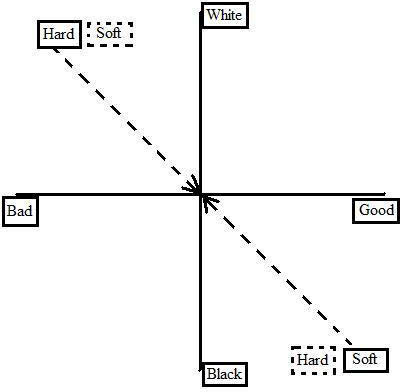Volume 26 - May 2011
P02-452
Dystonia and acute psychotic episode complicated by neuroleptic malignant syndrome in an adolescent with CYP2D6 deficiency
-
- Published online by Cambridge University Press:
- 16 April 2020, p. 1048
-
- Article
-
- You have access
- Export citation
P02-453
DRD4 polymorphism predicts the effect of L-DOPA on gambling behaviour
-
- Published online by Cambridge University Press:
- 16 April 2020, p. 1049
-
- Article
-
- You have access
- Export citation
P02-454
Seborrheic dermatitis: Could be a rare side effect of nortriptyline?
-
- Published online by Cambridge University Press:
- 16 April 2020, p. 1050
-
- Article
-
- You have access
- Export citation
P02-455
Venlafaxine and CYP2D6 in clinical practice: An observational study
-
- Published online by Cambridge University Press:
- 16 April 2020, p. 1051
-
- Article
-
- You have access
- Export citation
P02-456
Sense-formation within the future's image distortion as a dialectical relations’ of mutual exclusion dissociation specific for the individuals who suffer from the schizophrenic spectrum disorders
-
- Published online by Cambridge University Press:
- 16 April 2020, p. 1052
-
- Article
-
- You have access
- Export citation
P02-457
Does suicide allways have to be pathologic?: Contemplating rational suicide
-
- Published online by Cambridge University Press:
- 16 April 2020, p. 1053
-
- Article
-
- You have access
- Export citation
P02-458
Persian talismans and psychology
-
- Published online by Cambridge University Press:
- 16 April 2020, p. 1054
-
- Article
-
- You have access
- Export citation
P02-459
Philosophy and psychiatry: An analysis and discussion of the epistemology of affective disorders
-
- Published online by Cambridge University Press:
- 16 April 2020, p. 1055
-
- Article
-
- You have access
- Export citation
P02-460
The united new politics theory could cure the mankind and safeguard the health world
-
- Published online by Cambridge University Press:
- 16 April 2020, p. 1056
-
- Article
-
- You have access
- Export citation
P02-461
Development of the pilot's image: From pathological to normal
-
- Published online by Cambridge University Press:
- 16 April 2020, p. 1057
-
- Article
-
- You have access
- Export citation
P02-462
A new approach to the history of psychiatry
-
- Published online by Cambridge University Press:
- 16 April 2020, p. 1058
-
- Article
-
- You have access
- Export citation
P02-463
Towards an interdisciplinary neurophilosophy
-
- Published online by Cambridge University Press:
- 16 April 2020, p. 1059
-
- Article
-
- You have access
- Export citation
P02-464
The philosophical underpinnings of the Cognitive-Behavioural approach to depression
-
- Published online by Cambridge University Press:
- 16 April 2020, p. 1060
-
- Article
-
- You have access
- Export citation
P02-465
First impressions within the Gaze Encounter
-
- Published online by Cambridge University Press:
- 16 April 2020, p. 1061
-
- Article
-
- You have access
- Export citation
P02-466
Audit and re-audit of patients with PTSD in a community team in bedfordshire UK
-
- Published online by Cambridge University Press:
- 16 April 2020, p. 1062
-
- Article
-
- You have access
- Export citation
P02-467
Trauma therapeutic approach through “An Algerian Experience”
-
- Published online by Cambridge University Press:
- 16 April 2020, p. 1063
-
- Article
-
- You have access
- Export citation
P02-468
Mood spectrum symptoms and adult separation anxiety in patients with post-traumatic stress disorder and/or Complicated Grief
-
- Published online by Cambridge University Press:
- 16 April 2020, p. 1064
-
- Article
-
- You have access
- Export citation
P02-469
Full and partial PTSD among young adult survivors after the l’aquila 2009 earthquake: Gender differences
-
- Published online by Cambridge University Press:
- 16 April 2020, p. 1065
-
- Article
-
- You have access
- Export citation
P02-470
War psychic disorders treatment: Current perspectives
-
- Published online by Cambridge University Press:
- 16 April 2020, p. 1066
-
- Article
-
- You have access
- Export citation
P02-471
Sexual abuse from the partner significantly increases the occurrence of PTSD symptoms
-
- Published online by Cambridge University Press:
- 16 April 2020, p. 1067
-
- Article
-
- You have access
- Export citation


